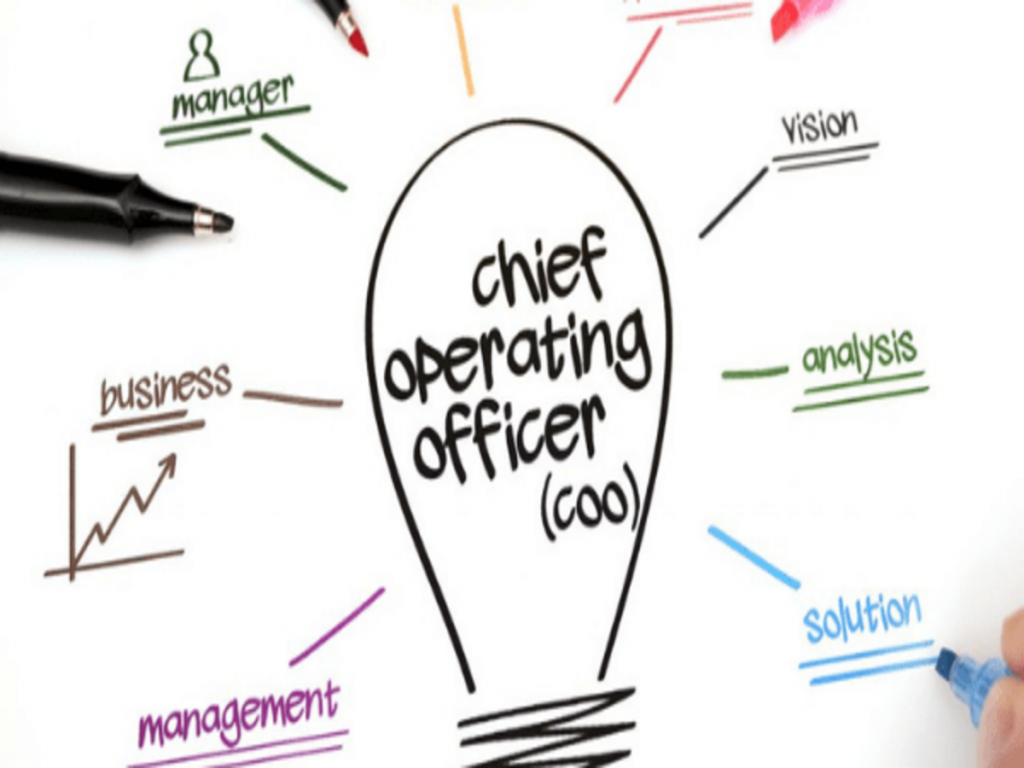
Chief operating officers (COOs) are valuable assets to any company. This crucial C-level position handles the business’s day-to-day administrative and operational tasks, as well as managing departmental heads under their purview.
What are the benefits of hiring a chief operating officer?
You might engage a chief operating officer to do the following:
- Assist the CEO in establishing and implementing the organization’s vision, operational strategy, and hiring needs.
- Translate strategy into performance and growth objectives.
- Assist in the implementation of organisational goals, and yearly operational planning.
- Oversee corporate operations and staff productivity while cultivating a welcoming culture that allows team members to thrive and organisational goals to be reached.
- Recruiting, onboarding, professional development, performance management, and retention must all be done effectively.
- Maintain compliance with company, federal, state, and local business standards, enforcing compliance and taking action as needed.
When to hire a COO?
When the startup’s growth and performance accelerate, the CEO will require the services of another executive to help drive the company’s development and success. This is where the role of the chief operating officer comes into play.
How to hire a COO?
To assist coffeemug.ai members, we have compiled these 9 steps that a startup should take, to guarantee that they recruit the best COO for their organization.
1. Consider your company’s requirements.
Being explicit about your expectations for their job is the greatest approach to finding the right individual. If you’re looking for a COO for the first time, consider what areas of operations you need to fill and how you want to get them done.
2. Compose a detailed COO job description
- Include key phrases that appropriately explain the role and clearly define the objectives.
- Describe the key ‘Leadership Traits’ that you’re looking for in a candidate.
- Mention the Chief Operating Officer roles and responsibilities.
- Clearly describe the qualifications for COO role
- Review your company’s mission statement and values
It’s critical to discover the main KPIs that drive corporate success and re-evaluate your company values and mission statement before hiring a COO. Once you’ve done that, the values and goal statement should be used to assess a new potential COO’s cultural fit. In addition, the COO should have a strong understanding of the business and the KPIs they will be responsible for.
4. Inquire about the candidates’ ideas for creating value
Companies should inquire COO candidate’s plans for generating value through their operational strategy. A good COO will design and implement an operating strategy that helps your consumers right away while also being scalable and enhanced.
5. Examine a COO’s problem-solving abilities.
A COO must be an inquisitive problem solver. To test a COO candidate’s problem-solving skills, inquire about their approach to dealing with unanticipated situations during the interview.
6. Conduct your research
With an accurate COO job description and a clear understanding of what you’re looking for, it’s much simpler to identify the right candidate. You may ask the correct questions and monitor their behavior to see if they’d be a good fit.
7. Look for the right characteristics
In the face of unforeseen events, CEOs need to remain at the forefront. A Chief Operating Officer’s roles and responsibilities include being strategic and collaborative, among other things. The idea is to work with what’s going on right now while planning for the future.
Are you looking for someone to help you manage your business’s efficiency and effectiveness? Coffeemug.ai will help you plan your search to fill the C-suite. Become a member today! Through our AI technology, we will screen and shortlist candidates who are right for your company.
8. Internal hiring
When asked how to select the perfect COO among several COO candidates, the answer is always disputed. Businesses with a strong culture and high employee engagement might explore sourcing internally since it allows for the advancement of multiple employees while also ensuring employee retention. It would be simpler for a current leader to jump into C-suite jobs since culture is difficult to learn.
9. Make certain they consider the ‘whole picture.’
The COO must view and act with the company’s overall vision and ultimate goals in mind. He must have a thorough understanding of the company’s many departments and how they interact with one another, as well as how to develop collaboration and synergy within the organization.
How can Coffeemug assist you in selecting a COO?
Hiring for C-level executives may be an ongoing cycle due to high dropout rates; thus, it is vital to be a part of a platform like coffeemug.ai where you can expand your network and interact with founders and mentors who might be able to provide you with valuable knowledge. These insights may then be applied to COO interviews to learn more about a candidate’s abilities, behavioral skills, etc., and make the right selection.
FAQ’s
Q. What does it mean to be the Chief Operating Officer (COO)?
A. A chief operating officer (COO) is a member of a company’s executive team who is in charge of the company’s day-to-day operations and administrative duties.
Q. Differentiate between a CEO and a COO?
A. In a company, the CEO is in charge of long-term growth and strategic planning, and a COO is in charge of day-to-day operations, reporting to the CEO.
Q. What are the requirements for a COO?
A. To become a Chief Operating Officer, you’ll need a bachelor’s degree in business administration (BBA) or an industry-relevant equivalent. Macroeconomics, microeconomics, and business mathematics are among the topics that provide a solid basis in management concepts.
Q. What characteristics distinguish an effective COO?
A. To develop effective teams, foster professional connections, and increase overall efficiency, good COOs employ honesty. COOs are detail-oriented and rely on data to increase efficiency.
